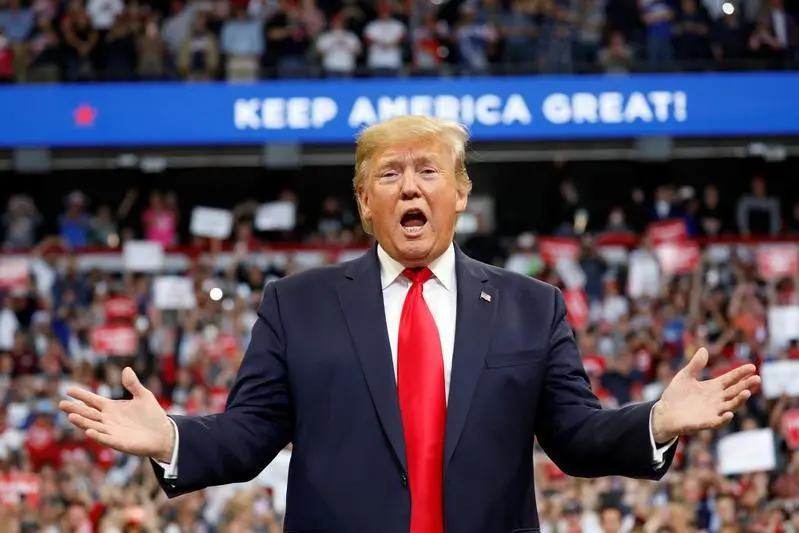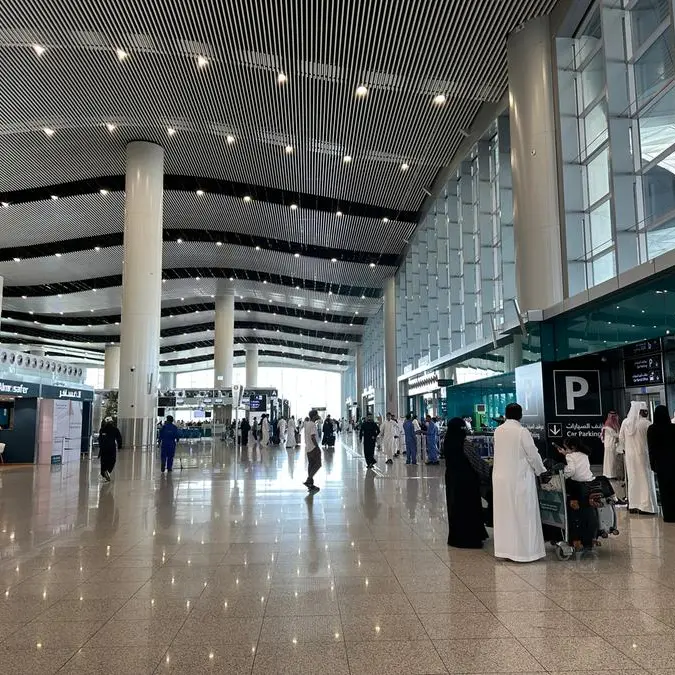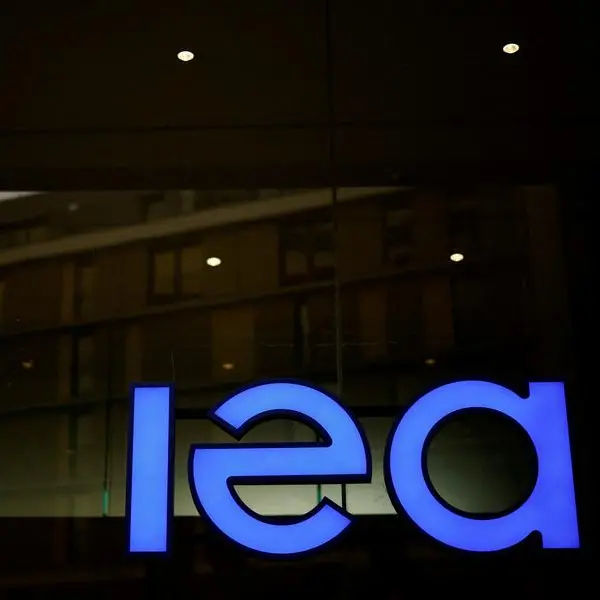PHOTO
Donald Trump’s departure from office on Wednesday will be welcomed by many who decry the rise of global populism, but he is a symptom of a populism that may grow in the 2020s, fueled by the aftermath of the coronavirus crisis.
Last year about two billion people were governed by populist leaders, including more than 300 million in the US, according to research by the Global Populism Database, who analysed speeches by leaders in 40 countries over the past two decades. That is an increase from 120 million at the turn of the millennium.
The research found that leaders in different continents won power through common campaign tactics, including attacking multinational organisations, so-called “fake media,” and immigrants. This electoral success is itself a microcosm of a wider upending of the tectonic plates of the global political landscape.
About 20 years ago only a handful of states with populations over 20 million had leaders classified as populist. This was the era of Silvio Berlusconi as a right-of-center maverick prime minister in Italy, presaging the rise of Trump, and Hugo Chavez as Venezuelan president.
This small populist club expanded significantly in the aftermath of the 2007-08 financial crisis, but the biggest rise in populism has come in the past half a dozen years.
To be sure, a significant number of countries including Canada, France, and Germany have never had a post-war leader who used populist rhetoric, but even in these states the share of the vote going to populist political parties has tripled since 1998.
Another key finding of the research is how shades of populism differ across the world. In South America populism leans toward socialism, albeit with Jair Bolsonaro in Brazil as an outlier, while populists in Europe tend to be right of center.
One key question is whether this populist phenomenon will tail off in coming years. While that is possible, there is a plausible case that populism will grow; Trump lost in November, but he won more votes than in 2016, and would probably have been re-elected if not for the pandemic.
Populism is likely to remain at high levels for two reasons. First, the coronavirus crisis has triggered a deeper, wider global recession than the financial crisis just over a decade ago. It is already clear it will be the deepest recession since the Second World War, with the largest fraction of economies experiencing declines in per capita output since at least 1870.
Rising economic inequality is also key. While some affluent people’s wealth has increased since the pandemic began, with many stock markets booming, poorer people’s incomes have often stagnated or worse. Young people are also disproportionately likely to lose their jobs risking long-term damage to earnings potential and job prospects, and fueling political discontent.
Second, factors unrelated to the economic slump, such as the disruptive and mobilising role of social media, may drive greater populism. There remains debate about how instrumental social media has been in fomenting political populism. However, whether one sees this technology as an essential component that translated discontent into concrete support for populism, or accentuated what was already inevitable, indisputably it has played an enabling role that may only grow.
Trump’s toppling is a setback for global populism, but it cannot be assumed that this political phenomenon has peaked. The coronavirus crisis has increased the prospect of further political and economic instability in the 2020s which social media may help mobilize.
• Andrew Hammond is an Associate at LSE IDEAS at the London School of Economics
Disclaimer: Views expressed by writers in this section are their own and do not necessarily reflect Arab News' point-of-view
Copyright: Arab News © 2021 All rights reserved. Provided by SyndiGate Media Inc. (Syndigate.info).
© Arab News 2021





















